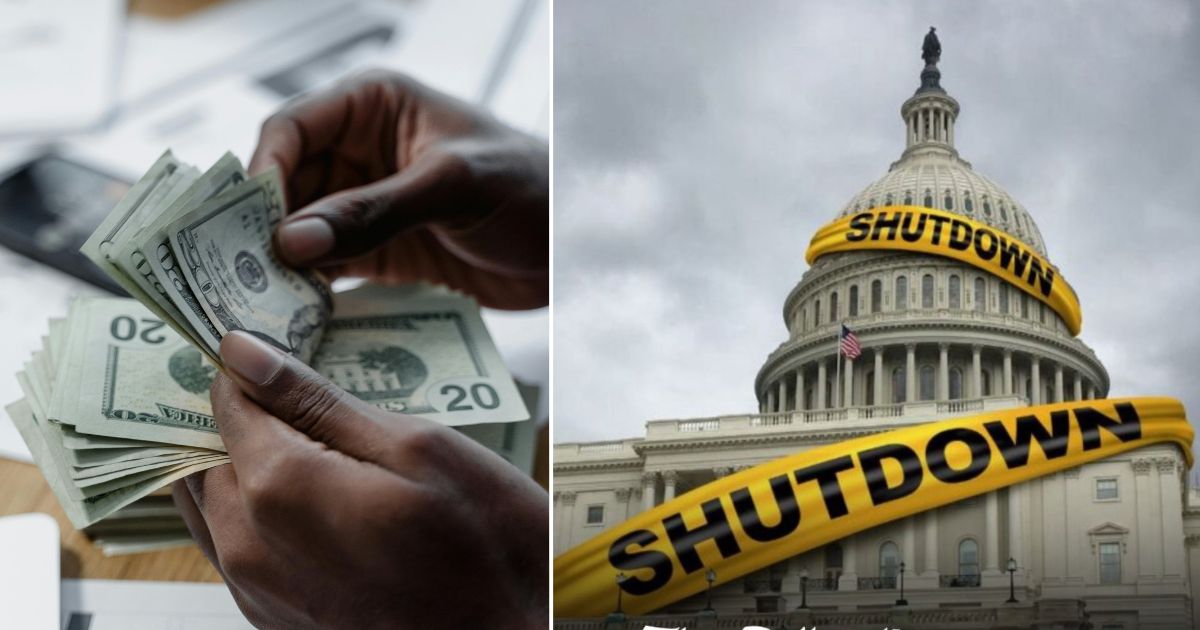Social security beneficiaries must remain assured that their checks will arrive on schedule amid Washington gridlock. Despite the ongoing shutdown of the federal government, the Social Security Administration (SSA) has assured all the citizens that their money is coming. SSA has confirmed that benefit payments will continue as planned, and the shutdown will have no impact on the payment.
Fully funded and WILL NOT CLOSE during the shutdown:
-Veterans Affairs (VA)
– Social Security Administration (SSA)
– Health and Human Services (HHS) – Medicare and Medicaid
– Defense (DoD)
– Homeland Security (DHS)
– Transportation (DOT)
– United States Postal Service (USPS)
-…— Mila Joy (@MilaLovesJoe) October 1, 2025
There has been a growing concern among retirees and disability beneficiaries. Amid all these concerns, the agency has released a statement in which it has emphasized that checks and direct deposits will not be delayed or disrupted. SSA has even assured beneficiaries that, even as other federal departments face temporary closures, the agency will continue to work.
The political environment in Washington is very uncertain due to the failure in talks to reach a spending agreement, and it has caused furloughs across various agencies.
However, Social Security still remains protected under mandatory spending laws, thus ensuring that millions of American retirees will continue to receive financial support.
The SSA has reiterated that payment schedules will remain unchanged for all recipients. This also includes those receiving retirement, disability (SSDI), and survivor benefits. Payments are being distributed on a staggered basis across three Wednesdays each month. This depends on the date of birth of the beneficiary.
October 15, 2025, is a Wednesday, and it is a key disbursement date for this month. Beneficiaries who were born between the 11th and 20th of any month will receive their payments today.
Those with their birthdays between the 21st and 31st will receive their payments next Wednesday, October 22, 2025.
However, the individuals who began receiving Social Security benefits before May 1997 will continue to be paid on the 3rd of each month. The SSI payments will also come on the 3rd of the month.
The Social Security program provides financial assistance to a large number of Americans under different conditions. These may differ drastically and form a broad spectrum of requirements.
There are four primary benefit types:
Retirement Benefits: It is the most common form. It is based on an individual’s earnings history and contributions during their working years.
Disability Benefits (SSDI): It is a support benefit for workers and their families who are affected by long-term disabilities.
Supplemental Security Income (SSI): These payments are for low-income adults and children with disabilities. It also includes adults aged 65 and older.
Survivor Benefits: It is the financial aid to family members of deceased workers who qualified under the SSA system.
These programs support over 71 million Americans in total. According to SSA data, it is one of the most significant social safety nets in the United States.
Use a personal my Social Security account to easily access and manage your benefits during the government shutdown.
✅Get a benefit verification letter
✅Request a replacement Social Security card or Medicare card
✅Check the status of an applicationGo digital today!:… pic.twitter.com/r95Y4QYkUH
— Social Security (@SocialSecurity) October 10, 2025
Social Security does not work like other programs, where the spending is discretionary. This program operates through mandatory funding. The program’s trust funds are financed by payroll taxes, which are collected under the Federal Insurance Contributions Act (FICA). This trust fund ensures that there is a consistent cash flow to recipients, independent of temporary political stalemates.
SSA offices may have been operating with reduced staffing during a shutdown, but the core operations, such as benefit distribution, application processing, and record maintenance, continue as essential services.
However, Officials have warned that non-urgent requests might face minor delays until full government operations resume.













